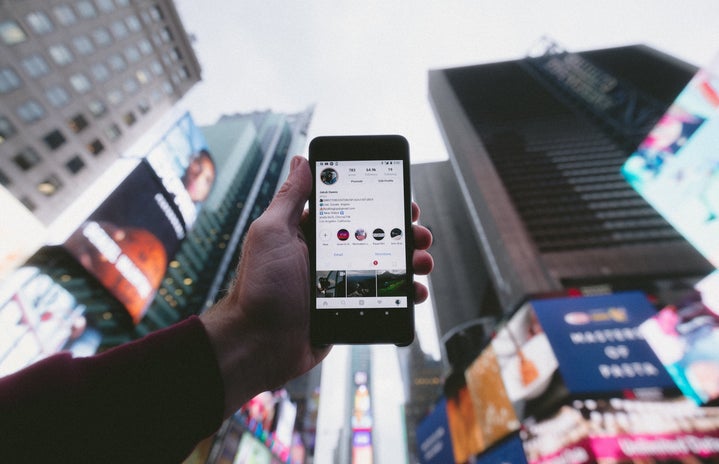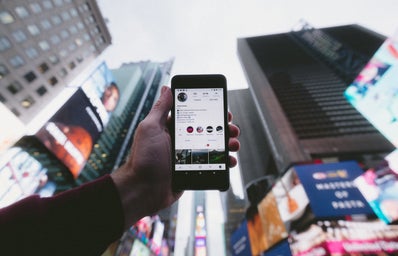Nowadays, our culture is so saturated in social media that it’s pretty much unavoidable. With the abundance of platforms including the likes of Facebook, Twitter, Instagram, LinkedIn, and Snapchat, there are so many ways to connect. However, while social media does have great power to bring people together and create a positive sharing space, it also has the equal power to foster a negative environment.
The Internet and social media has a huge influence on people’s lives today; it has the power to build up, but it also has the power to destroy. With great power, comes great responsibility, and the use of social media is no exception.
Earlier this month, author and actress/producer Lena Dunham announced her retreat from Twitter, following a backlash of negative tweets that came after she posted a picture of herself wearing her boyfriend’s underwear.
Shortly after her picture went up, people took to Twitter with body-shaming comments that slammed Dunham with some crude and malicious remarks. The online abuse got to the point where Dunham could tolerate it no longer, saying that it was fostering a cancerous environment from which she needed to remove herself.
Currently, Dunham’s Twitter account is still active, but she has someone Tweet on her behalf. She says she doesn’t know her password nor does she read the comments that come out of her tweets. Dunham’s Instagram account, on which the picture originally appeared, is still managed by Dunham herself for the time being. She cites the Instagram community to be a more positive one in which she is still willing to participate.
A lot of the time, we place celebrities on a pedestal and we give ourselves the impression that our problems are not something to which they can relate and vice versa. However, Dunham’s case shows us that well-known figures are equally susceptible to the abuse that can arise in the online community. The dangers of being a part of the network of social media are very real indeed and not, in the least, limited to “average folk.”
There are clearly adverse effects to social media. In having more ways to connect, it is almost as if there are more ways to test these connections to the point where people are forced to sever them. The far-reaching influence and power of social media is so strong that it can cause a prominent figure in our society today to take step back from the spotlight because of all the hate that circulates.
Sia, the singer/songwriter who was the pen behind songs like Rihanna’s “Diamond” as well as the voice behind recent hits “Chandelier” and “Elastic Heart”. She has also embraced the shadows of fame and notoriety in her own way in that she has taken to seldom showing her face in public. She cites that she doesn’t “want to be critiqued about the way [she] look[s] on the Internet”. This is an entirely justified statement; as Dunham’s latest Twitter fallout illustrates, the cruelty of which the online community is capable is damaging.
The Internet is an open space and once something is released into this vast chasm, it’s a free-for-all. The content being shared could be met with acceptance and positivity, but it has the same chance of being met with aggression and hate. Now it’s all well and good if it’s met with the former option. However, if the latter is realized, there are essentially two things that could happen: people can grow to be stronger for it or they can be broken by it.
A study done in recent years reveals that around 15,000 bullying-related tweets are put up every, single, day. In a week, this would total to around 120,000 tweets of animosity. These numbers are staggering and when you think about the number of victims upon whom these harsh words prey, the implications are even more concerning.
With social media being a constant presence in our lives today, frankly, it seems a little silly to think about the acts of which we should be mindful when we’re using it and of the consequences that our posts and comments could bring about. Nonetheless, their impacts and capabilities are not to be underestimated; as supportive as the community can be at times, they can also easily be just as destructive. Therefore, we cannot disregard the responsibility we have as both users and consumers of social media.
If you are or someone you know is suffering the effects of being a victim of cyberbullying and online abuse, please talk to someone about the issue or visit any of the resources listed below for assistance:

